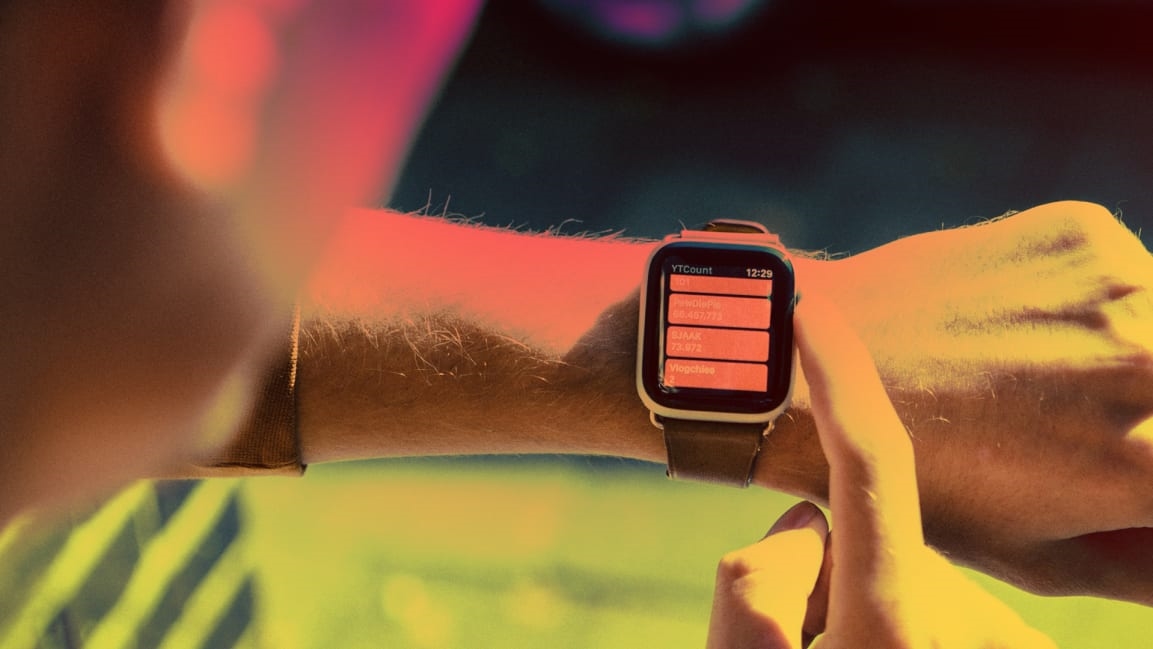Apple is teaming up with Johnson & Johnson to see if the Apple Watch can reduce stroke risk
Apple and Johnson & Johnson have announced they are teaming up for a new groundbreaking study to see if the digital health tools included on the Apple Watch could help reduce the risk of stroke by detecting anomalies with the heart earlier than a person would become aware of them.
The study, called Heartline, uses a proprietary app along with the ECG sensor on the latest Apple Watches to monitor a wearer for atrial fibrillation (AFib)–one of the leading causes of stroke. Apple Watch Series 4 models and later have an electrical heart sensor built in, which allows the watch to conduct electrocardiograms (ECGs) on wearers. Those ECGs have been regularly praised for saving lives due to their ability to detect AFib.
Now Apple and Johnson & Johnson want to see if the Apple Watch’s electrocardiogram could help identify stroke risk before a stroke happens and thus allow at-risk users to seek medical attention before a critical attack. As noted by Dr. C. Michael Gibson, cochair of the Heartline Executive Committee and Professor of Medicine at Harvard Medical School:
Heartline is a study that has the potential to fundamentally change our understanding of how digital health tools, like the ECG app and irregular rhythm notification feature on Apple Watch, could lead to earlier detection of AFib, helping patients understand and directly engage in their heart health, prompting potentially life-saving conversations with their doctors, and improving health outcomes.
If you’d like to take part in the study, Apple and Johnson & Johnson is seeking volunteers. To qualify you must be 65 years of age or older, be covered under Original (Traditional) Medicare, and own an iPhone 6s or later.
(35)



